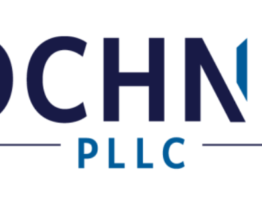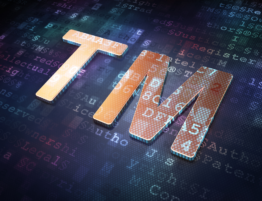
What to know about International IP Rules?
International intellectual property law refers to global laws that govern the creation, protection, sharing, and use of intellectual property. The growth of global business has prompted rights holders to protect their intellectual property not only in the US but also worldwide. As IP rights are territorial and typically apply to conduct that takes place within a particular nation, it is important to understand the framework of global intellectual property rights. Rights holders can ensure their IP is protected by filing for patent, trademark, and copyright protection in the countries in which they plan to commercially sell their product. However, obtaining rights in other countries is often difficult for business owners as most are not sure how to file and subsequently enforce intellectual property rights in foreign countries. That is why it is very important to hire a firm that is well-versed in international IP protection and learn as much as possible about the laws in the countries where you plan to do business.
According to the International Trade Administration, if you do business in nations that have free trade agreements with the U.S., IP protections are built into those agreements. But you’ll still need to file in each country to get those protections. Conversely, if you do business in any country in the European Union, you will only need to file for protection with the EU – not every individual nation.
Additionally, there is a collection of treaties that serve as a baseline and establish somewhat of a minimum standard for global IP law. In a response to globalization, these treaties expand economic exchanges and make sellers more likely to sell their products where IP rights are strong and enforced.
For example, China’s IP landscape makes it increasingly difficult for US rights holders due to the complexity of their legal framework and the sophistication of infringers. Therefore, you often see replicas and fakes of patented products coming from China.
Below are some organizations that assist in the advancement, regulation, protection, and enforcement of worldwide intellectual property:
- WIPO (World Intellectual Property Organization) is a global forum for intellectual property (IP) services, policy, information, and cooperation. WIPO is a self-funded agency of the United Nations, with 193 member states. Its mission is to lead the development of a balanced and effective international IP system that enables innovation and creativity for the benefit of all.
- Directory of Intellectual Property Offices– Here you will find WIPO’s directory for all of the intellectual property offices worldwide.
- WTO (World Trade Organization) is the only global international organization dealing with the rules of trade between nations. At its heart are the WTO agreements, negotiated and signed by the bulk of the world’s trading nations and ratified in their parliaments. The goal is to ensure that trade flows as smoothly, predictably, and freely as possible. The WTO Agreement on Trade-Related Aspects of Intellectual Property Rights (TRIPS) is the most comprehensive multilateral agreement on intellectual property.
- WCO ( World Customs Organization) The World Customs Organization is an intergovernmental organization headquartered in Brussels, Belgium.
- The United Nations Industrial Development Organization is a specialized agency of the United Nations that assists countries in economic and industrial development. It is headquartered at the UN Office in Vienna, Austria, with a permanent presence in over 60 countries.
- ITC (International Trade Centre) Investigates and makes determinations in proceedings involving imports claimed to injure a domestic industry or violate U.S. intellectual property rights; provides independent analysis and information on tariffs, trade, and competitiveness; and maintains the U.S. tariff schedule.
- EPO – JPO – USPTO (Trilateral Website) the European Patent Office (EPO), the Japan Patent Office (JPO), and the United States Patent and Trademark Office (USPTO)
- OECD (Organization for Economic Development) is a multilateral organization with 38 member countries working together to promote economic growth, prosperity, and sustainable development.
- UN (United Nations) The United Nations is an intergovernmental organization aiming to maintain international peace and security, develop friendly relations among nations, achieve international cooperation, and be a center for harmonizing the actions of nations.
One must conduct due diligence before agreeing to work with any foreign partners and consult with an intellectual property attorney to ensure the claims and or language protect your rights under any future agreements. At Stanton IP Law Firm, we have extensive experience working with clients to protect their inventions globally.
We have the team in place and are fully capable to support your branches of business in the areas below starting immediately:
• China
• Vietnam
• Canada
• US
• APAC
• Latin America
• EMEA
• North America
For more information on filing an international patent, trademark, or copyright or to discuss international IP litigation, visit our website and set up your free consultation with one of our experienced intellectual property attorneys.
You can find more information about International Intellectual Property in our ongoing series:
- International Intellectual Property Part II: Copyrights
- International Intellectual Property Part III: Patents








